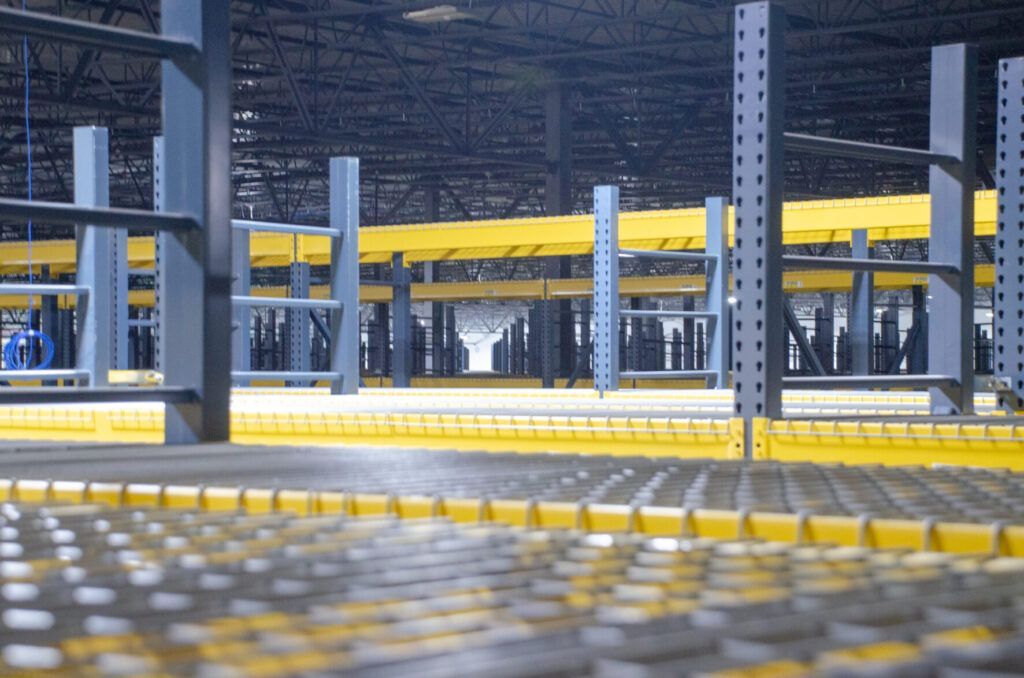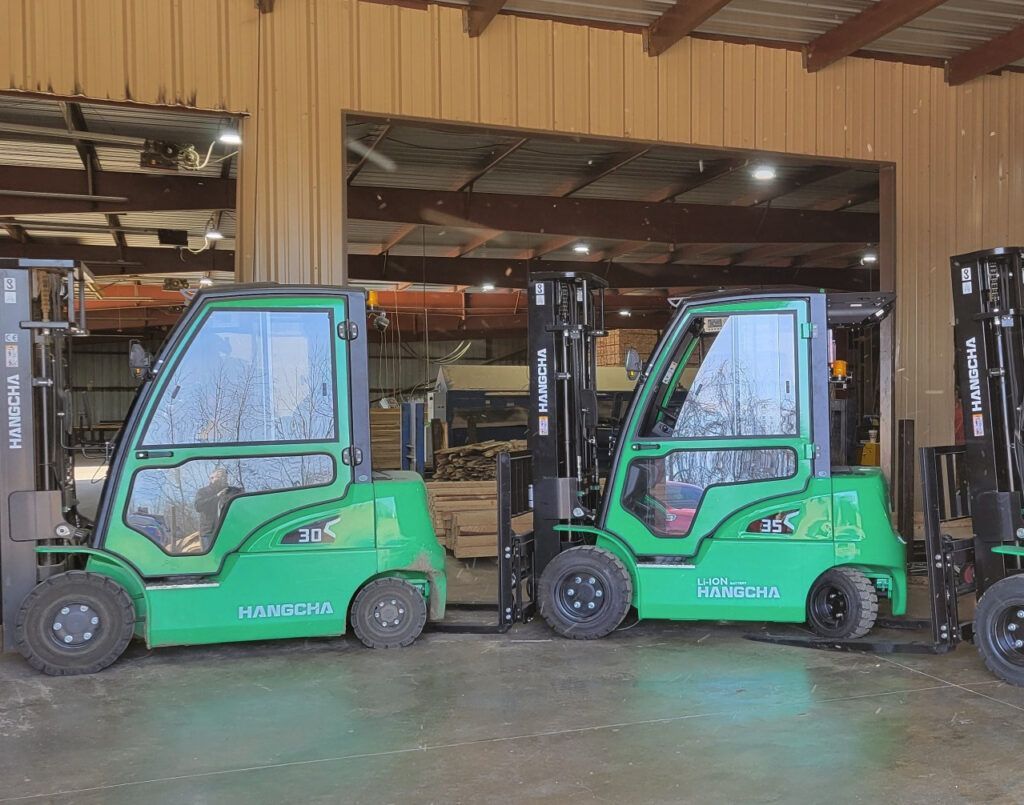How to Hire an All-Star Warehouse Team
Warehouses are the backbone of many businesses, serving as hubs for storing and distributing products. The efficiency of a warehouse can significantly impact a company’s bottom line. So, what’s the secret to running a successful warehouse? It starts with hiring the right warehouse team.
In this blog post, we’ll explore the essential qualities that make a strong warehouse employee and provide tips on identifying these qualities during the hiring process.
Attention to Detail
Warehouses are the backbone of many businesses, serving as hubs for storing and distributing products. The efficiency of a warehouse can significantly impact a company’s bottom line. So, what’s the secret to running a successful warehouse? It starts with hiring the right warehouse team.
In this blog post, we’ll explore the essential qualities that make a strong warehouse employee and provide tips on identifying these qualities during the hiring process.
Physical Stamina
Warehouse work is physically demanding. It involves lifting heavy items, operating machinery, and being on your feet for extended periods. To excel in this environment, candidates must possess the physical stamina to perform these tasks safely and efficiently.
Ask potential job candidates about their physical fitness and experience with physically demanding work. Consider evaluating their physical capabilities by incorporating a practical assessment, such as a lifting task or a simulated work scenario.
Teamwork
Teamwork is essential in a warehouse setting. The ability to collaborate with colleagues is vital for achieving productivity goals. When employees work together cohesively, processes flow smoothly, and they complete tasks efficiently.
To assess a candidate’s teamwork skills, you can:
- Ask about their experiences working in teams and contributions to team success.
- Ask them about how they handle conflicts and communicate with team members.
- Look for candidates who are willing to support their colleagues and collaborate effectively.
Organization Skills
In a high-traffic warehouse, the organization is critical. Maintaining a well-structured inventory system and quickly locating items is essential for efficient operations. Employees with strong organizational skills can help prevent delays and errors.
When hiring, learn about a candidate’s experience organizing tasks or inventory. Ask how they prioritize their work and manage their time to stay organized. You can also present scenarios requiring organizational decision-making to assess their abilities in this area.
Time Management
Meeting deadlines is a top priority in a warehouse. Efficiently managing time allows employees to complete tasks promptly and ensure they are shipping orders on schedule. Candidates who excel in time management are valuable assets.
During interviews, ask candidates about their experiences working in roles with tight deadlines. Find out about their strategies to stay on track and meet their goals. You can also present hypothetical situations that require practical time management skills to evaluate their abilities
Problem-Solving Abilities
Warehouses are not immune to unexpected challenges. From damaged products to equipment malfunctions, problems can arise at any moment. Employees with strong problem-solving abilities can navigate these hurdles effectively.
Assess a candidate’s problem-solving skills by presenting them with real or hypothetical warehouse-related issues. Ask how they would approach and resolve these problems. Look for candidates who exhibit a proactive and creative approach to addressing challenges.
Safety Awareness
Safety should always be a top priority in a warehouse environment. Employees must be aware of safety protocols and potential risks to themselves and their colleagues. Hiring individuals who prioritize safety is crucial for accident prevention.
To evaluate a candidate’s safety consciousness:
- Ask about their experience with safety procedures and training.
- Ask how they’ve contributed to maintaining a safe workplace in previous roles.
- Look for candidates who take safety seriously and are willing to adhere to established safety guidelines.
Technical Proficiency
Technology plays a significant role in modern warehousing. Warehouse management systems (WMS), forklift operation, and other equipment require technical proficiency. Employees who are comfortable with technology can contribute to increased efficiency.
During interviews, check a candidate’s experience with warehouse technology and equipment. Ask about their ability to adapt to new technologies and their comfort level with digital tools. You can also provide practical assessments to evaluate their technical skills.

Customer Service Skills
Excellent customer service can set your warehouse apart from the competition in shipping and receiving roles. Positive customer interaction can leave a lasting impression and build strong relationships.
Ask candidates about their experiences in customer-facing roles and their approach to customer service. Present scenarios that require handling customer inquiries or concerns to assess their ability to provide exceptional service.
Adaptability
The warehouse industry is dynamic, with changing inventory, technology, and processes. Employees who can adapt to these changes quickly and effectively are invaluable. Adaptability ensures that your warehouse remains competitive and efficiently responds to evolving customer demands.
During interviews, ask candidates about their experiences adapting to change in previous roles. Inquire about how they stay updated on industry trends and technologies. Present scenarios that require them to adjust to unexpected changes to evaluate their adaptability.

Work With Benco Industrial Equipment
You can build a team that meets and exceeds your warehouse’s operational goals by carefully assessing candidates for these qualities during hiring. Remember that ongoing training and development are essential to maintaining a high-performing warehouse team and ensuring continued success in this dynamic industry. Your warehouse can thrive and contribute to your business’s overall success with the right team.
Here at Benco Industrial Equipment, we know the ins and outs of the materials handling industry and can help you choose the best equipment for your new warehouse or project. We have both electric and IC forklifts ready to buy or rent. We have legless stackers, straddle stackers, reach stackers, work assist unit forklifts, and more available. Our team can also help with other equipment and products to ensure your warehouse succeeds. Get in touch with us today!
The post How to Hire an All-Star Warehouse Team appeared first on Benco Industrial Equipment.




